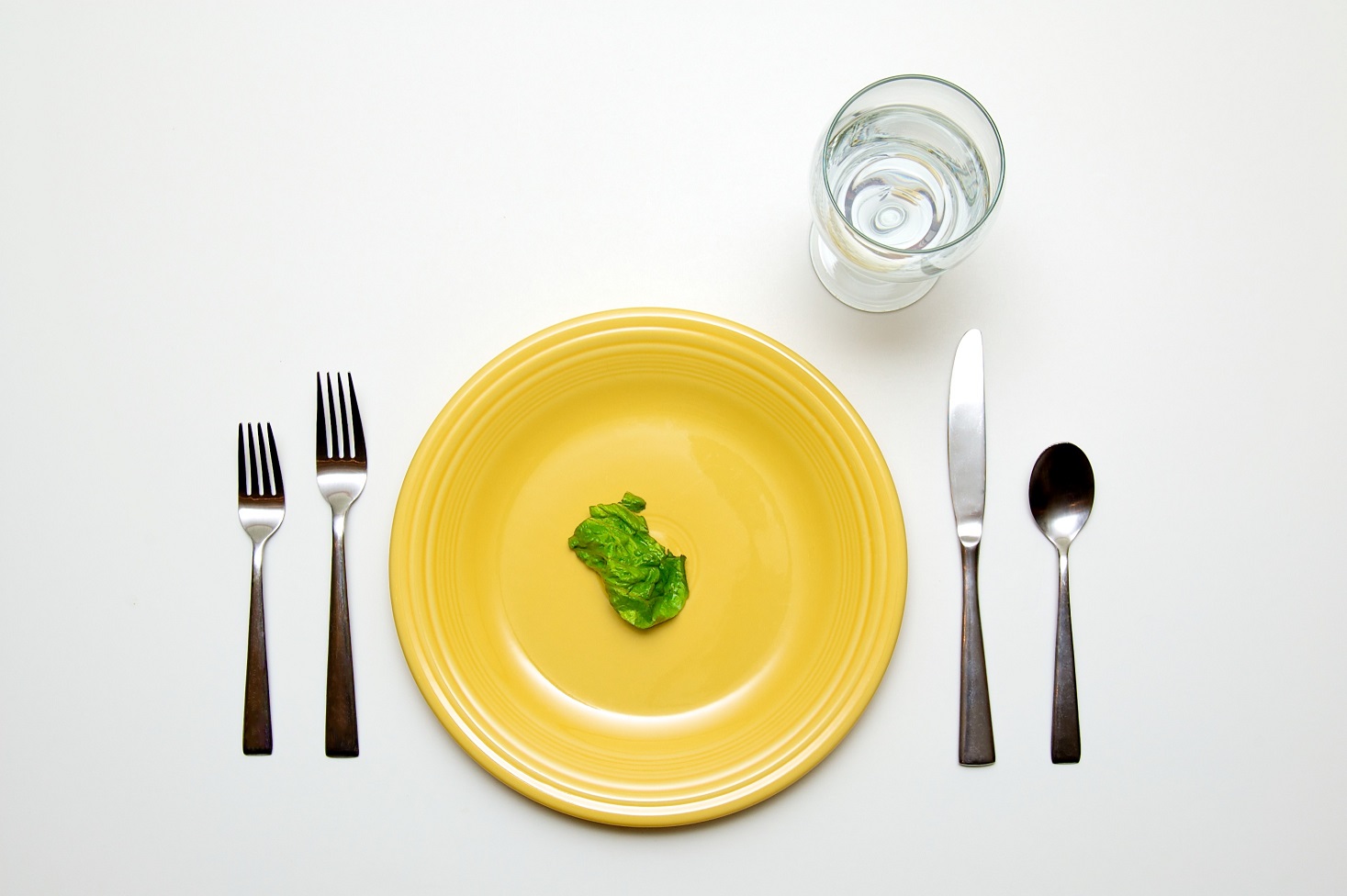The truth about eating disorders

In order to readdress the balance and re-educate the general public, we need to bust the myths around eating disorders by discovering the truth around these common misconceptions, which are causing additional harm to the millions of people worldwide battling with an eating disorder.
If we were to challenge ever myth surrounding eating disorders we would be here for a very long time. I have compiled a few of the common misconceptions to address, so here we go.
“Only white, middle class, young girls have eating disorders”
This is a massive over generalisation and one of the most common beliefs around eating disorders. Unfortunately, all eating disorders are equal opportunity mental health problems which do not discriminate against race, age, gender, sexuality, religion or class. Research suggested that eating disordered developed into the eastern countries and cultures to keep up with the ‘ideal slim figure’ which has been portrayed in the western media as beautiful for many, many decades. In today’s society, the media is still a massive influence on many people’s views of their bodies and eating habits however the media is not the sole cause for the development but rather a contributing factor.
“But men do not have eating disorders!”
Unfortunately over the last 20 years, the number of males who are seeking help and support for eating disorders is steadily rising, however there is still a stigma around men and boys who have eating disorders. There is a general fear of ridicule and feelings of embarrassment and shame in males who initially enter into therapy or seek support. I previously worked with a number of eating disorder patients, a small number were male patients. Once the therapeutic relationship had built up I found the common theme which stopped the young men from talking to family members or close friends was the fear of being laughed at or not being taken seriously.
“Binge eating is not an eating disorder- it’s just people being greedy!”
Binge eating disorder (BED) is a real eating disorder. People who have binge eating disorder have a lack of control over how much food they eat which causes them to overeat regularly. Binges usually occur over a short period of time, food is bought specifically to binge on and is often classed as ritualistic behaviour in order to prepare for a planned binge. Binges typically take place in private where there is no judgement or anyone to question if you should be eating that particular food. Following binges, there can be feelings of guilt and shame, however, the difference between binge eating and Bulimia is that binge eaters do not purge (make themselves vomit) in order to manage their weight.
“Eating disorders are easily treated, just eat more food!”
Sadly it is not the case of just eating more food to ‘cure’ eating disorders. Treatment for eating disorders is not a one size fits all approach but rather a multi-faceted, individualised treatment plan which looks at many aspects of a patient’s life which may include exploring the patient’s relationship with food, own body image, family history of dieting or disordered eating, use of social media and pro-ana sites, relationships with friends and peers, historical abuse, exercise routines and monitoring intake of caffeine to name a few. Specialist staff, usually consisting of Psychiatrists, Mental health nurses, Dietitian/Nutritionist, Therapists and Support staff, are required to carefully and methodically plan treatment for a patient with an eating disorder. The main thing to remember is to offer an empathic, non-judgemental, open and honest approach to working with people seeking help, support or treatment for eating disorders.
We cannot predict who is going to be affected by eating disorders, it could be a family member, close friend, a colleague or acquaintance. If you require initial help or advice you can contact one of our telephone counsellors.
If you would like more specialist eating disorder support contact Beat on 08088010677 (Helpline) or 08088010711 (Youthline).